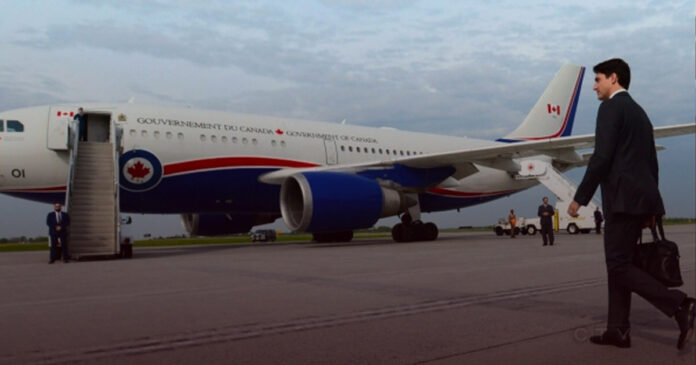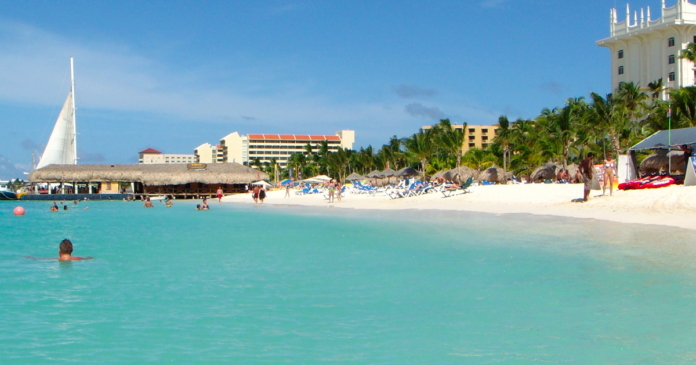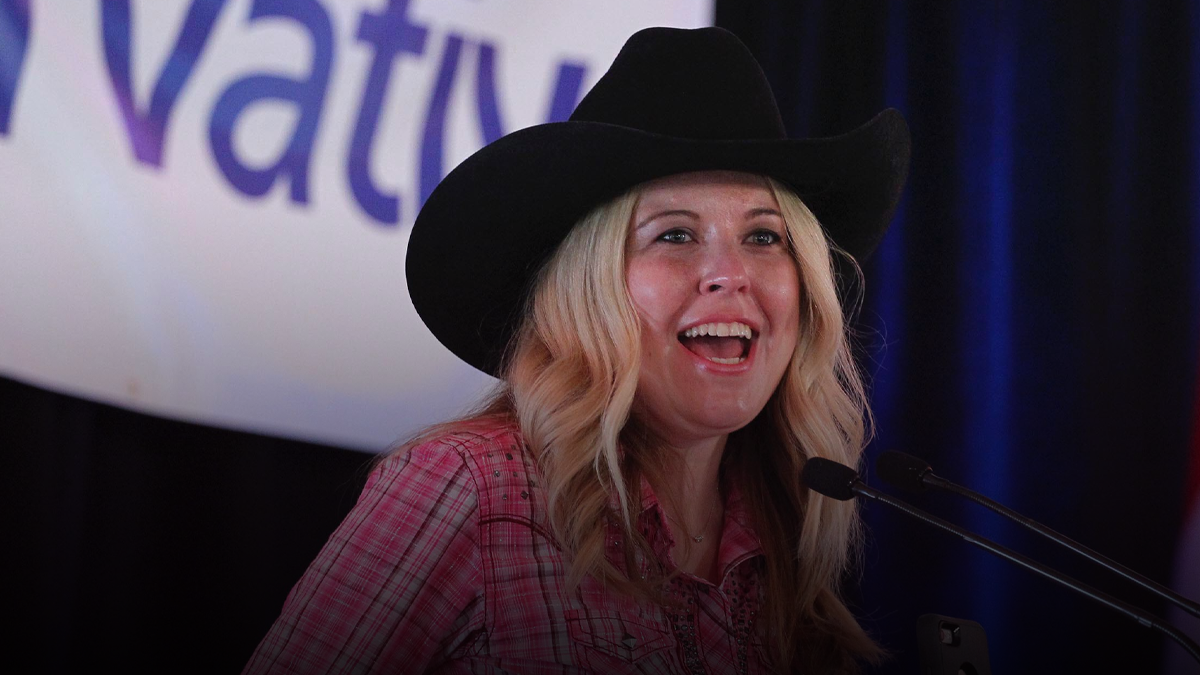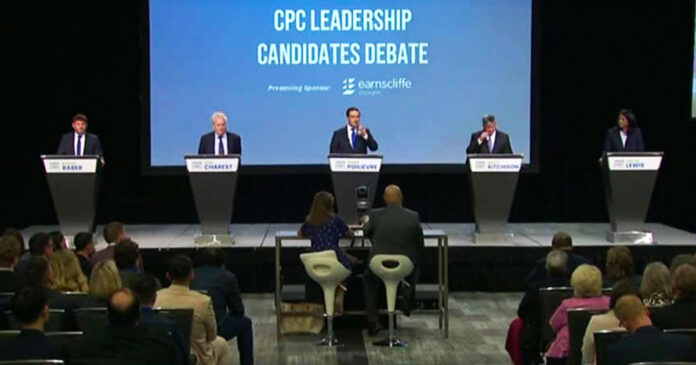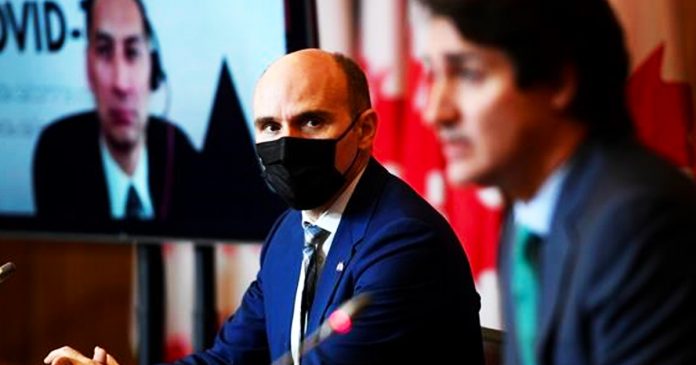Government data pertaining to Prime Minister Justin Trudeau’s private Can Force One jet reveals passengers on his February 2020 Europe and Africa tour imbibed nearly 200 bottles of wine and beer.
The alcohol alone cost taxpayers $1,414 over the course of the journey. In total Trudeau’s flight consumed 95 bottles of wine and 93 bottles of beer.
Two of the flights saw alcohol receipts surpass $800 dollars.
During a trip to France for the 75th anniversary of D-Day, Trudeau’s cabin drank 43 bottles of wine and 35 cans of beer while a flight to Japan for the G20 summit saw 57 bottles of wine and 35 cans of beer consumed.
Trudeau’s international trips are often accompanied by a hefty number of staffers and reporters.
Other elite members of Trudeau’s cabin such as former foreign affairs minister Marc Garneau also took part in their own partying.
Additional federal flight data shows during a Royal Canadian Air Force (RCAF) Challenger flight to the Artic Council in Iceland last year, Garneau and his five guests drank four bottles of wine together.
Yesterday, the National Post revealed that Governor General Mary Simon billed taxpayers nearly $100,000 in catering fees for a week-long trip to Dubai.
Passengers on Simon’s RCAF CC-150 Polaris aircraft dined like kings and queens to the tune of $93,117.89.
Additionally, Simon’s trip used up 146,872 litres of fuel costing $248,127.02 in refuelling expenses.
A day after the expenses were revealed, Rideau Hall said that Simon shared the public’s concerns about the hefty catering bills.
“The Governor General shares the public’s concern in regards to expenses and looks forward to further clarity from responsible departments such as (Department of National Defence) and (Global Affairs Canada),” spokesperson Natalie Babin said.
The fees included “cost of food, non-alcoholic beverages and associated fees, including catering handling and delivery, storage, cleaning and disposal of international waste, airport taxes, administrative fees, security charges, and local taxes.”



